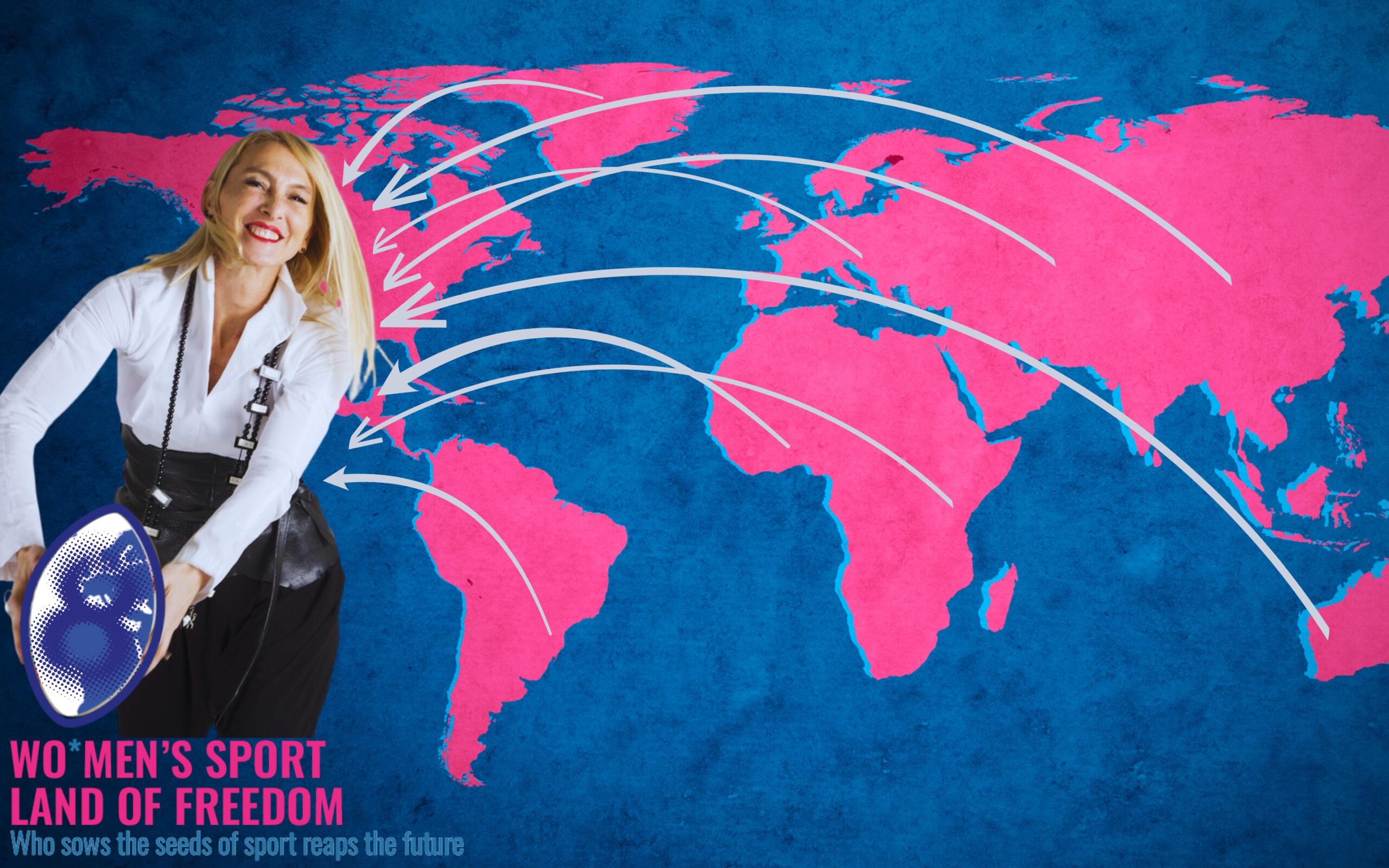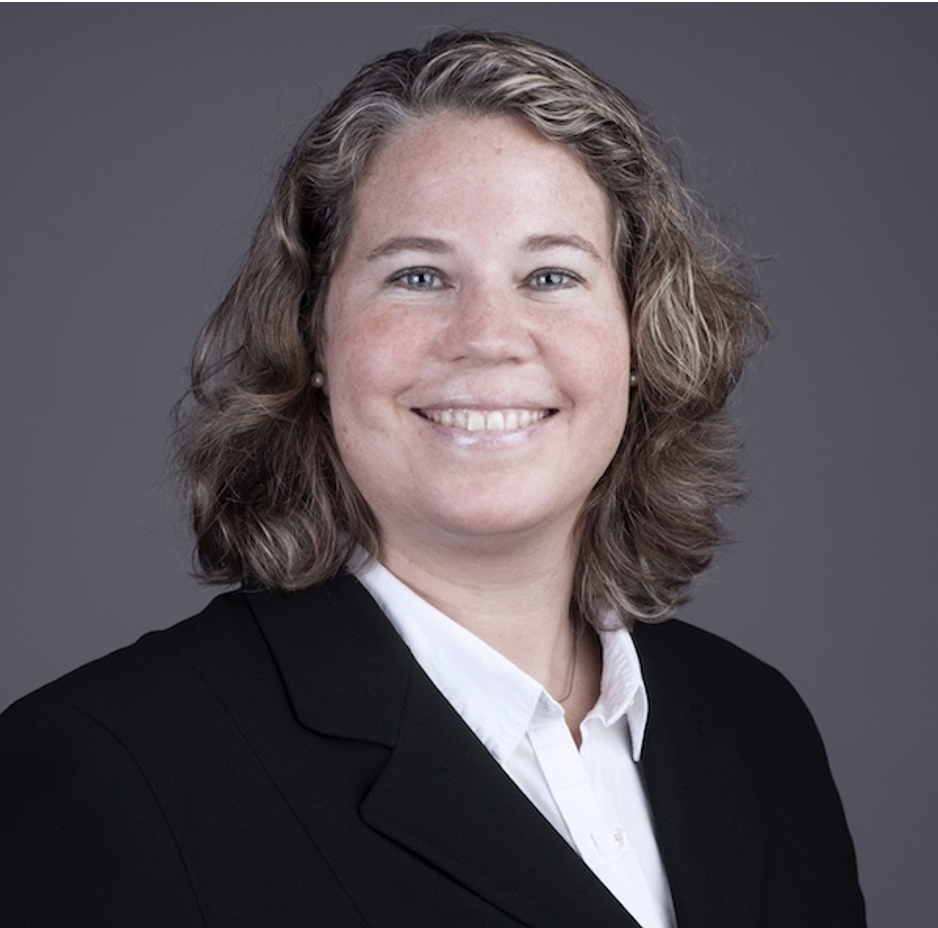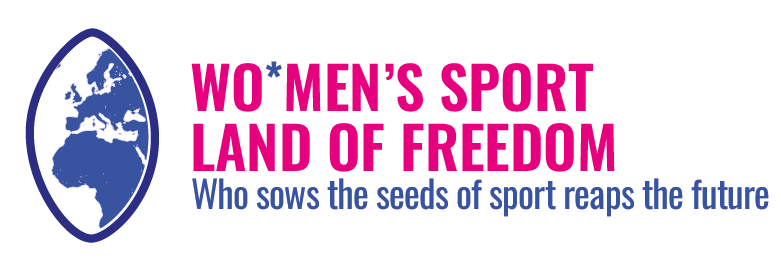
SWITZERLAND: I HAVE MOVED A LOT IN MY LIFE FOR STUDY AND WORK, AND WHEREVER I WENT I JOINED THE LOCAL RUGBY TEAM, INSTANTLY FINDING A “FAMILY” EVEN WHEN I WAS FAR AWAY FROM MY OWN.
I have moved a lot in my life for study and work, and wherever I went I joined the local rugby team, instantly finding a ‘family’ even when I was far away from my own

Thanks to:
Veronika Muehlhofer
Board Member: Swiss Rugby and Rugby Europe; Council Member: World Rugby
- The history of the women’s movement in Switzerland
- Testimonials
- Reading time: 7 minutes
SWITZERLAND - Find out more
(SOURCE: Federal Statistical Office; data.unwomen.org; EURES; The Global Economy; TradingEconomics; Wikipedia – Women in Switzerland; Swissinfo.ch)
HISTORY OF THE COUNTRY
1. When did the women’s rugby movement start in your country and what is its history? How is rugby structured in your country?
Women’s club rugby in Switzerland began in the early 2000s. National teams developed later.
The story of the Swiss women’s XV national team is quite unique: in 2006 there was no women’s XV national team. Some clubs played in a domestic championship, and there was a regional selection in “Northern Switzerland,” which occasionally played friendlies. When I took over coaching that selection at the end of 2006, I found a motivated group of players from different clubs across Switzerland, eager to do more than just play for their clubs. Using that regional selection, we began widening the recruitment area, eventually becoming a de facto national side.
When we started organizing friendlies against foreign teams, we began attracting attention. Finally, the players and I approached the Swiss Rugby Federation and asked: “Why don’t you want a women’s XV national team?” Their answer: “It’s not that we don’t want one, it’s just that we don’t have a coach, a team manager, or a budget.” So we said: “Well, I am a certified coach, we have a player willing to be the manager, and we will self-fund the program if there is no federation budget.”
The federation agreed, gave us a set of (oversized men’s) jerseys, and we began training and playing test matches. Everything was self-funded by players and staff, and we wrote to the IRB (now World Rugby) every time to request official recognition of the tests. This is how the Swiss women’s XV national team was born. A few years later we qualified for the Rugby Europe Women’s Trophy and became fully integrated into the Swiss Rugby Federation’s program, with a dedicated budget and official kit.
In Switzerland there are 50 clubs, 20 of which have women’s programs. There is a National League A and B, plus some regional activities for the U18 category.
2. Do you think playing rugby has a social impact for women in your country?
Without a doubt, it has a social impact for the girls and women who play it.
3. In your view, what can rugby give to women in your country?
Rugby can empower girls and women, giving them strength, self-confidence, and resilience. It helps them realize they are strong, determined, and capable of achieving whatever goals they set.
JOURNEYS THROUGH RUGBY
1. When did you start playing rugby and how did you discover it?
I started playing rugby in 1997, when I began university in the USA (Stanford University, California). I had seen rugby on TV, then saw the university team.
2. What has rugby taught you that has had an impact on your daily life? Can you give an example of when a rugby mindset has been useful to you?
Values, resilience, courage, friendship.
3. Can you give me 3 words that connect rugby to freedom?
Rugby teaches us small doses of courage and resilience in every training session and match. Thanks to this, we develop the habit of being resilient and courageous in all aspects of life, facing challenges in both personal and professional contexts.
4. What does live in a land of freedom mean to you?
Travel, community, family. I have moved a lot in my life for study and work, and wherever I went I joined the local rugby team, instantly finding a “family” even when I was far from my own. In Europe we are lucky to live in a free country, where people — especially women — can pursue studies, careers, and the lives they want, and where people can express themselves and live peacefully despite differences.
5. What object represents you and why?
I can’t really point to a single object that represents me, but if I had to, I’d probably say a globe or an atlas. I love traveling and living in different countries, discovering cultures, learning new languages, and working with people from all over the world. In my “real life” I work for the Olympics (I’ve done so for 20 years and nine editions). At the Olympics we always say: “It’s the people who make the Games,” meaning that any project, event, or opportunity in life is nothing without the people who make it happen. This is very true in rugby as well, because it is the team, the clubs, and the community that make it so special worldwide.
